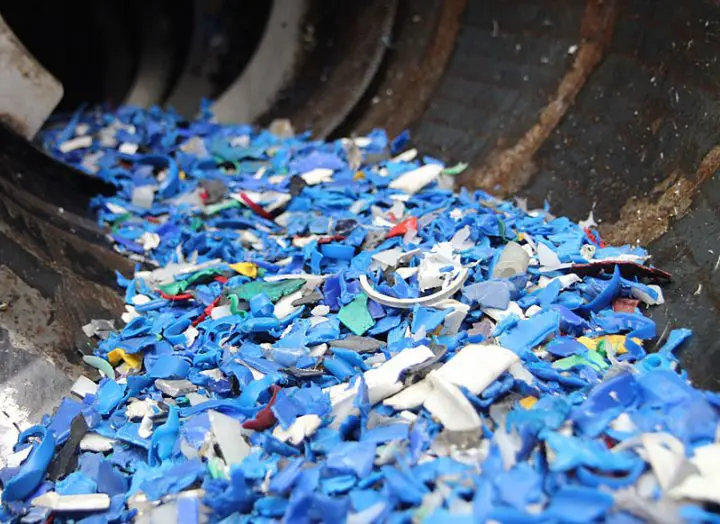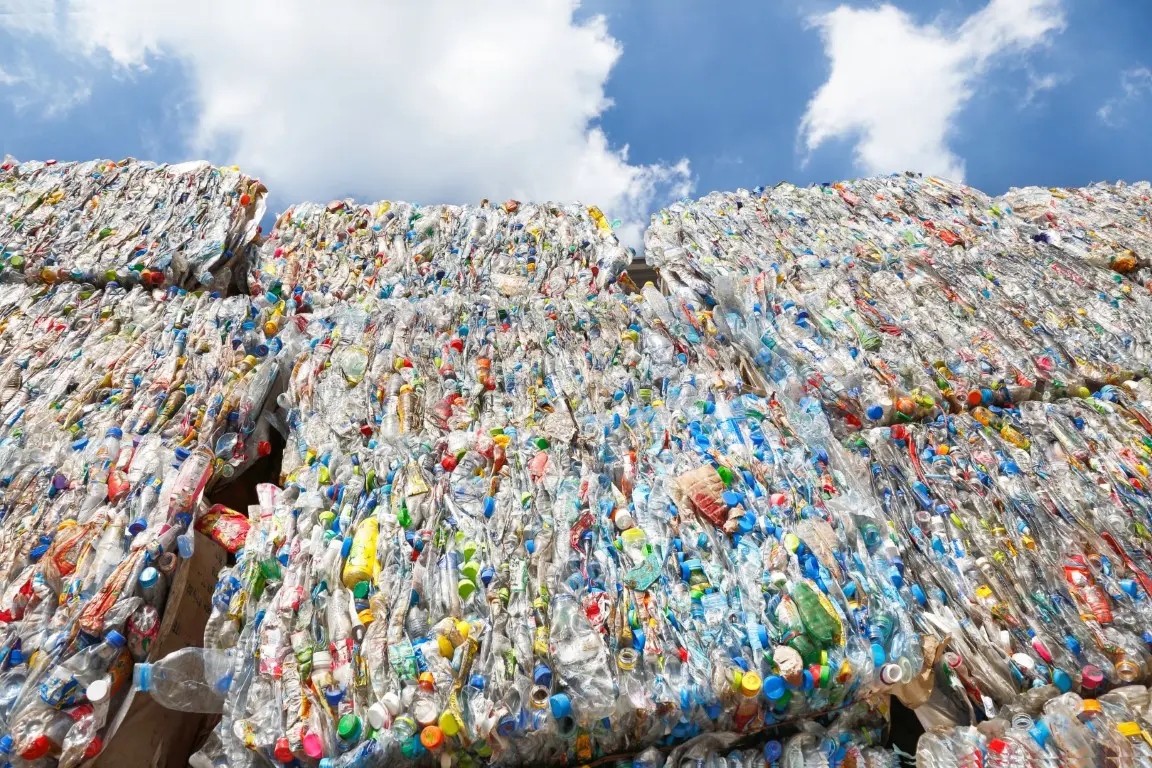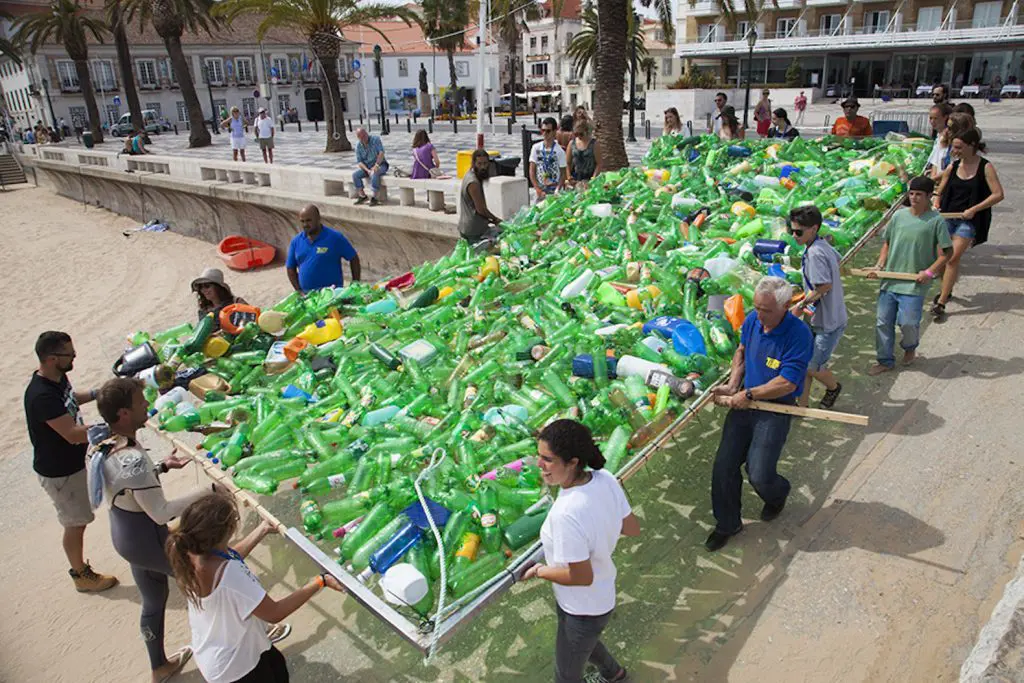‘Without minimum recycled content legislation there is not enough incentive for product manufacturers to shift from using virgin to recycled plastic feedstock on a long-term basis,’ so a call to action signed by EuRIC and 37 other industry partners declares.
Recycling stakeholders have formed a united front to demand EU law to include recycled content targets, which they believe will significantly enhance recycling success for all member states. ‘A minimum recycled content of just 30% by 2025 would considerably boost the markets for recycled plastics within Europe thereby growing and strengthening the local market,’ according to EuRIC and its co-signees.
3 key recommendations
‘We recommend setting minimum recycled content requirements for plastic products and packaging products where environmental benefits exist, and where food safety considerations are met, noting levels will vary by product and material,’ the call to action paper reads. ‘These requirements should escalate over time,’ it is urged.

A second recommendation is that eco-modulation of fees paid by producers ought to be designed in a way that does not only consider the recyclability of products, but the recycled content as well. ‘Likewise, green public procurement is also an important tool to increase demand for secondary raw materials,’ it is argued.
‘Furthermore, we recommend that the European Commission review and consider new and innovative approaches though economic incentives and penalties to encourage the procurement of recycled resin,’ the statement underlines.
Filling China’s shoes
For nearly two decades, the dominant market for many of the world’s recycled materials was China. In 2016 alone, Chinese manufacturers and recyclers imported 7.3 million metric tons of waste plastics – valued at US$ 3.7 billion – from developed countries, many of them part of the EU.
Since the start of this year, the much discussed Chinese ban has already ‘dramatically’ affected commodity prices and has there are reports from all over Europe and North America that recyclers are stuck with sorted material with nowhere to go, except landfill or energy from waste. ‘China’s decision is likely to have long-term impacts on the recycling industry, requiring fundamental change in the way we do things,’ the paper contends.
Introducing minimum recycled content requirements for selected products and packaging is believed to help ensure the continued movement of recyclables and provide an economic incentive to increase collection and treatment in Europe, ‘irrespective of markets evaporating in China or anywhere else’. This would make countries ‘more resilient’ to market fluctuations that national governments cannot control.

Targets vs. quality
‘We can set ever-higher recycling targets, but our recovery efforts will be impeded if no market can be found for the material that’s collected, sorted, and turned into a secondary raw material,’ the recycling stakeholders stress.
‘While we recognise that there is currently insufficient quantity of clean recyclate on the market to meet mandated recycled content requirements, we believe that by working together with the entire value chain, that both supply and demand can be met in an economically viable manner,’ it is noted.
Read the full statement here.
Don't hesitate to contact us to share your input and ideas. Subscribe to the magazine or (free) newsletter.



